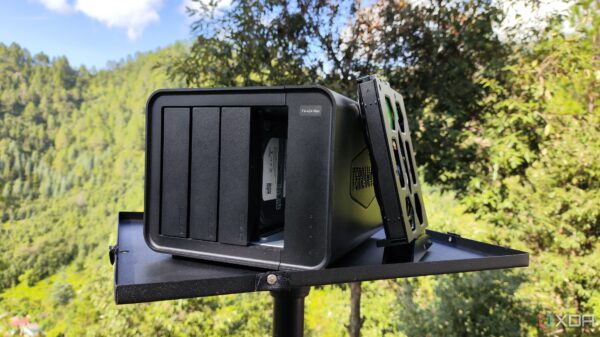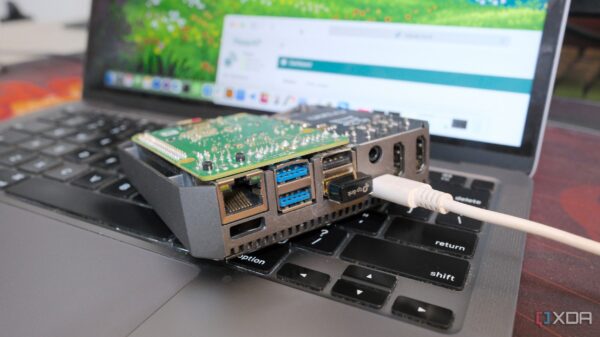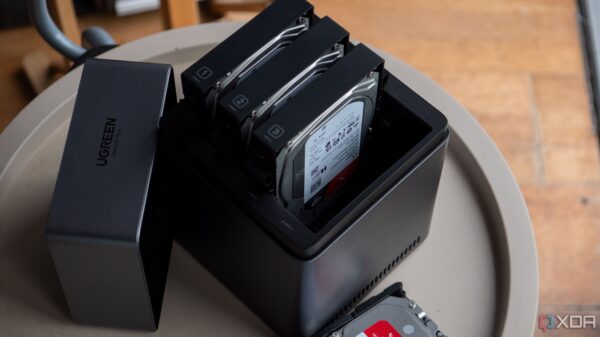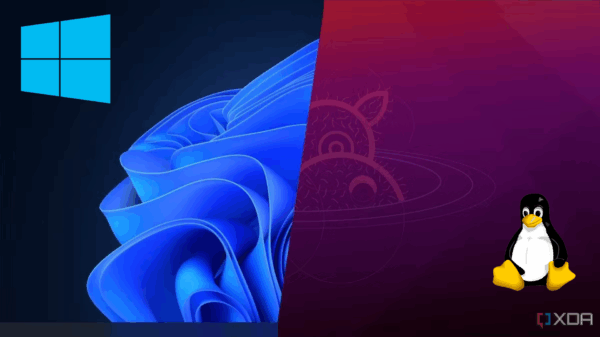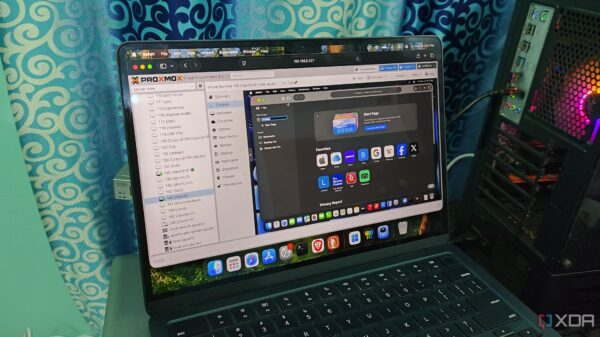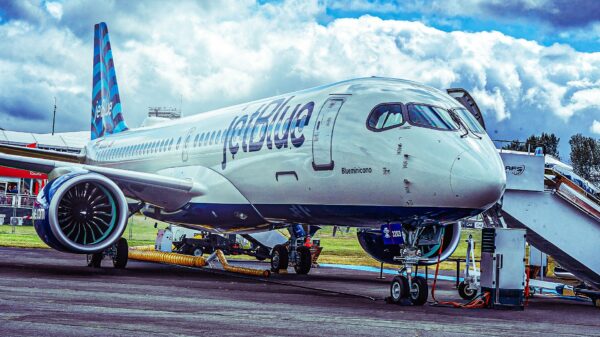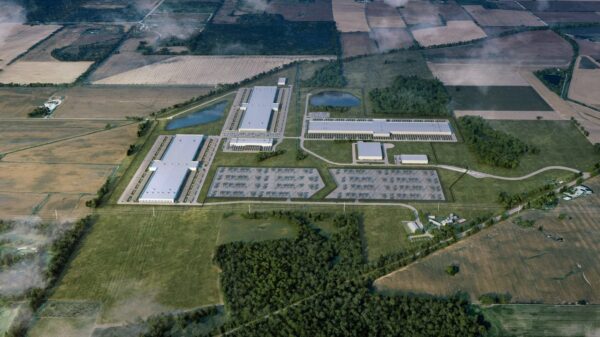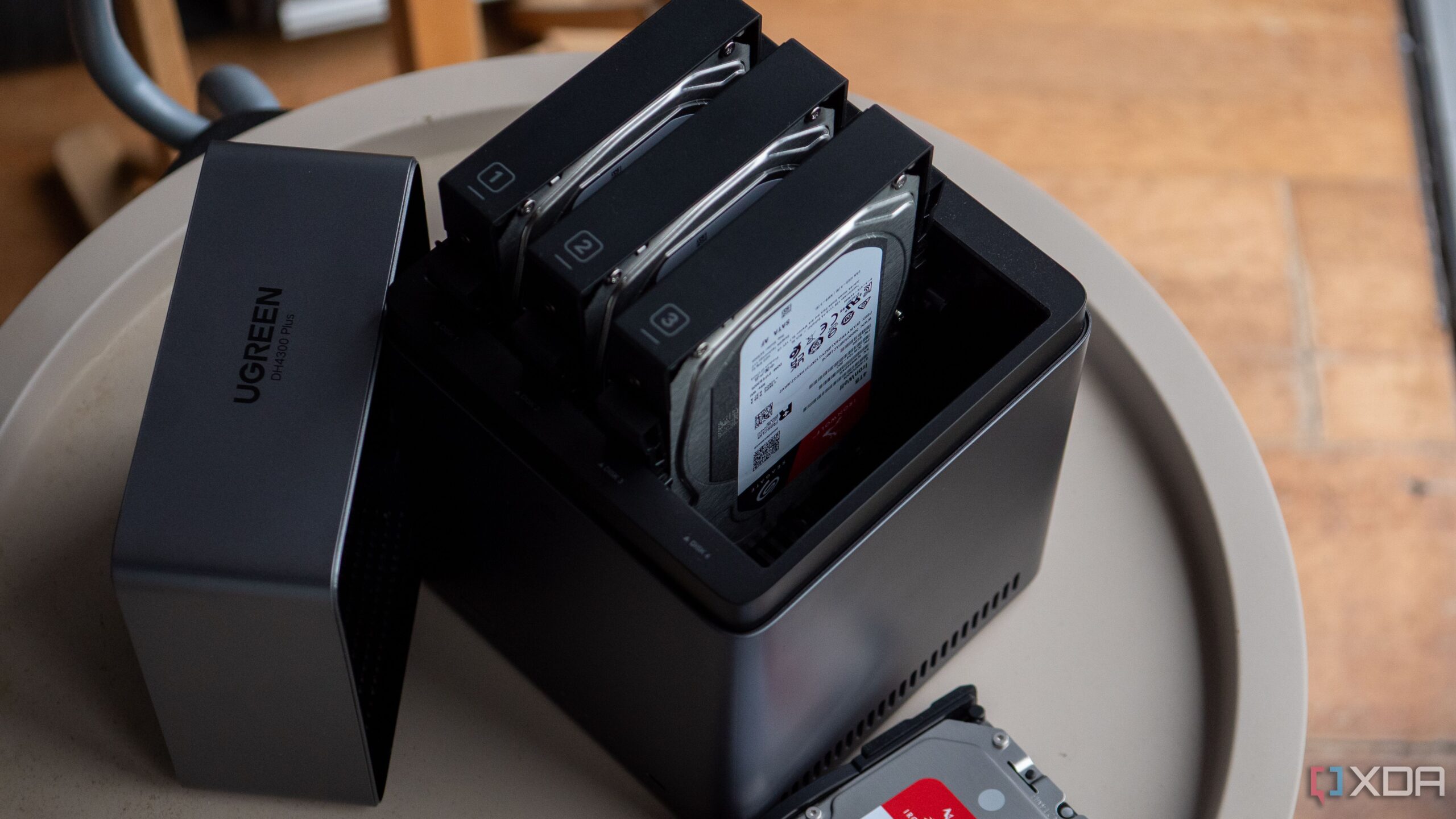URGENT UPDATE: A tech enthusiast has announced a major shift in their home lab setup, abandoning Docker on their NAS for a dedicated Intel N150-based mini PC. This change highlights a growing trend among users seeking efficiency and reliability in their home computing environments.
The decision, made just this week, comes after prolonged frustrations with performance and reliability issues stemming from using a Network Attached Storage (NAS) system for running Docker containers. The user reported that consolidating tasks on a single device led to a “single point of failure,” compromising both self-hosted services and storage capabilities.
“This transition has significantly improved the performance of my entire home lab,” the user stated. “Now, my NAS is solely focused on storage, while my Docker stack runs independently, enhancing efficiency across the board.”
One major factor driving this shift is the limitations of the NAS CPU, which the user described as “underpowered” for the demands of modern containerization. Previously, the NAS struggled to handle Docker alongside essential tasks, leading to slowdowns and unreliable performance. By migrating Docker operations to a dedicated mini PC, the user noted a marked improvement in responsiveness and resource management.
The frustrations extended beyond hardware limitations. The user expressed dissatisfaction with the Synology DiskStation Manager (DSM) operating system, criticizing its cumbersome interface and restrictive features that complicated Docker management. The proprietary Container Manager has been described as a significant downgrade from previous versions, leading to a clunky user experience that stifled productivity.
Despite the challenges, the user emphasized the importance of maintaining an effective backup and storage strategy. Their NAS now focuses on long-term data storage and backups, utilizing btrfs, which offers enhanced copy-on-write protections. This change mitigates filesystem degradation risks associated with Docker’s storage drivers, previously causing wear on mechanical drives.
The transition also simplifies upgrades and maintenance. “Running Docker on a separate mini PC avoids the compatibility issues often faced with outdated NAS kernels,” the user explained. This independence means they can upgrade containers without fear of disrupting the NAS’s core functions.
As home lab setups become increasingly complex, this shift may resonate with others facing similar challenges. The user encourages others to evaluate their own setups: “If your NAS is struggling, it might be time to consider a dedicated solution.”
This development is a reminder of the ongoing evolution in home computing environments. As technology advances, users are continually adapting to ensure optimal performance and reliability in their setups. The move from Docker on NAS to a standalone mini PC represents a significant shift in strategy for many DIY tech enthusiasts.
What to watch for: As this trend gains traction, expect more home lab users to share their experiences and solutions, potentially reshaping how Docker and similar applications are utilized in personal computing environments. The impact of such decisions on performance, efficiency, and user satisfaction will likely fuel further discussions within the tech community.


